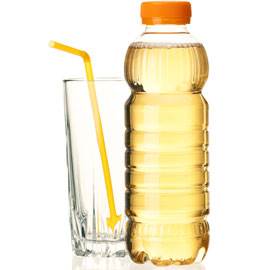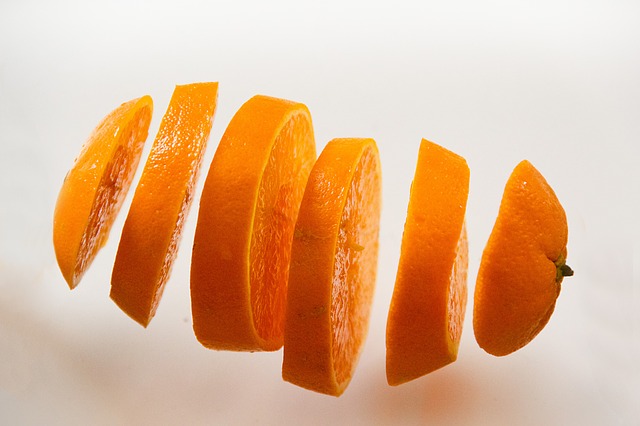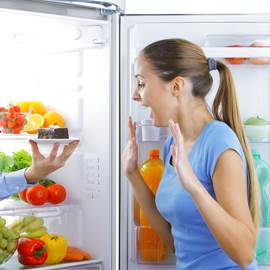
There are a collection of poor eating habits commonly engaged in that will often lead to weight gain. These habits are generally mindless, meaning they are frequently done without much thought. Constant snacking, serving oversized portions and downing high-calorie beverages instead of water can add several hundred extra calories to your diet every day, and if you aren’t careful these goal-thwarting behaviors can seriously undermine your weight loss progress.
More
23 Oct, 2023Optifast Weight Loss, Weight Loss TipsCalories Avoid weight loss, enjoy weight loss, Exercise to lose weight, happiness weight loss tips, medical weight loss in new jersey, medical weight loss programs, Nutrition, OPTIFAST, optifast hackensack, optifast medical weight loss, optifast new jersey, weight loss new jersey 
The OPTIFAST program can be a valuable learning experience that can set you up for long-term weight loss success. Together with the support of your medical weight loss doctor, the Optifast program creates an experience that highlights the fundamental aspects of successful weight loss, and can show you how you can transition to a healthier […]
More
07 Aug, 2023Optifast Weight Loss, Weight Loss Tipsmedical weight loss programs, Nutrition, OPTIFAST, optifast diet, optifast hackensack, optifast new jersey, optifast weight loss program, simple weight loss tips, weight loss new jersey 
We’ve all seen the advertisements and the shelves at the supermarket promoting new types of “healthier” waters that can do everything from boosting your immunity to revitalizing your entire body. Many of these products are also advertised as having zero calories. But what’s really in these new beverages that make them so good for you? Are they really even good for you at all?
More
20 Dec, 2021Optifast Weight Loss, Weight Loss TipsMedical Weight Loss, medical weight loss programs, Nutrition, optifast diet, optifast program, optifast weight loss, optifast weight loss new jersey, weight loss new jersey, weight loss program 
In recent years portion sizes have exploded. We drink about 20 percent more soda today than we did 15 years ago. Soda consumption is heavier among children and adults than it has ever been before, and most people aren’t just sipping on fizz without something to accompany it. Portions of French fries are significantly larger now than they once were, and burgers, pizzas and even chicken nuggets have kept in step with the rising sizes of portions.
More
26 Feb, 2014Optifast Weight Loss, Weight Loss Tipseat clean loss weight, healthy weight loss, Medical Weight Loss, Medical Weight Loss Program, Nutrition, optifast new jersey, optifast program, weight loss new jersey, weight loss tips 
During your OPTIFAST weight loss program you won’t have to think too much about the food choices you make. Your meals are pre-planned for you by a team of nutrition experts who have compiled a nutritionally sound meal into a low calorie meal substitute. Following your OPTIFAST program, you can still take advantage of these meal substitutes, but you’ll also want to start incorporating more traditional foods into your diet.
More
26 Jul, 2013Optifast Weight Loss, Weight Loss Tipsenjoy weight loss, Faster Weight Loss, happiness weight loss, healthy food diet, healthy weight loss programs, medical weight loss in new jersey, medical weight loss programs, New Jersey weight loss, Nutrition, optifast weight loss new jersey, Well Balanced Meals 
The OPTIFAST weight loss program promotes weight loss by replacing your existing diet with low-calorie, nutrient dense meal replacement products. But it is not just the products that inspire weight loss. To follow the OPTIFAST program you have to adjust your behavior, and that means adopting new habits that will encourage a healthier eating style.
More
26 Dec, 2012Optifast Weight Loss, Weight Loss Tipsmedical weight loss programs, medical weight loss tips, Nutrition, OPTIFAST, optifast diet, optifast weight loss, optifast weight loss new jersey, optifast weight loss ramsey, weight loss new jersey, weight loss program 
Eating out is tough during a medical weight loss program. New Jersey is home to a wide array of fine restaurants, but once you dedicate yourself to losing weight those enjoyable nights out at a local eatery may seem worlds away. Even after you complete your medical weight loss program you will need to maintain healthy eating habits—and this is admittedly difficult to do when ordering from a menu.
More

With constant buzzing of what’s new and popular in terms of health foods today, making health- conscious, wise decisions at the grocery store is an important aspect to your weight loss. New Jersey weight loss patients need to make sure they know the facts about possible health food scams before giving them the green-light at the grocery store. Remember, manufacturers are trying to make a profit, and you are their number one target!
More

According to the results of a recent study, sufficient levels of vitamin D may be linked to successful weight loss in New Jersey. Researchers discovered this link after conducting a study involving 38 men and women for an 11 week period. Those who had a higher level of vitamin D at the onset of the diet program were more successful with their weight loss efforts overall.
More
12 Dec, 2011Optifast Weight Loss, Weight Loss TipsCalories Avoid weight loss, healthy weight loss programs, medical weight loss hackensack, medical weight loss programs, Nutrition, optifast hackensack, optifast new jersey, weight loss new jersey, weight loss tips 
Between hectic work schedules and day to day family needs, many of us do not have time to cook a healthy meal every night, and instead are often left to search the menus for a low calorie alternative. Many restaurants are helping out by posting their calorie counts directly on the menu, but if you […]
More








